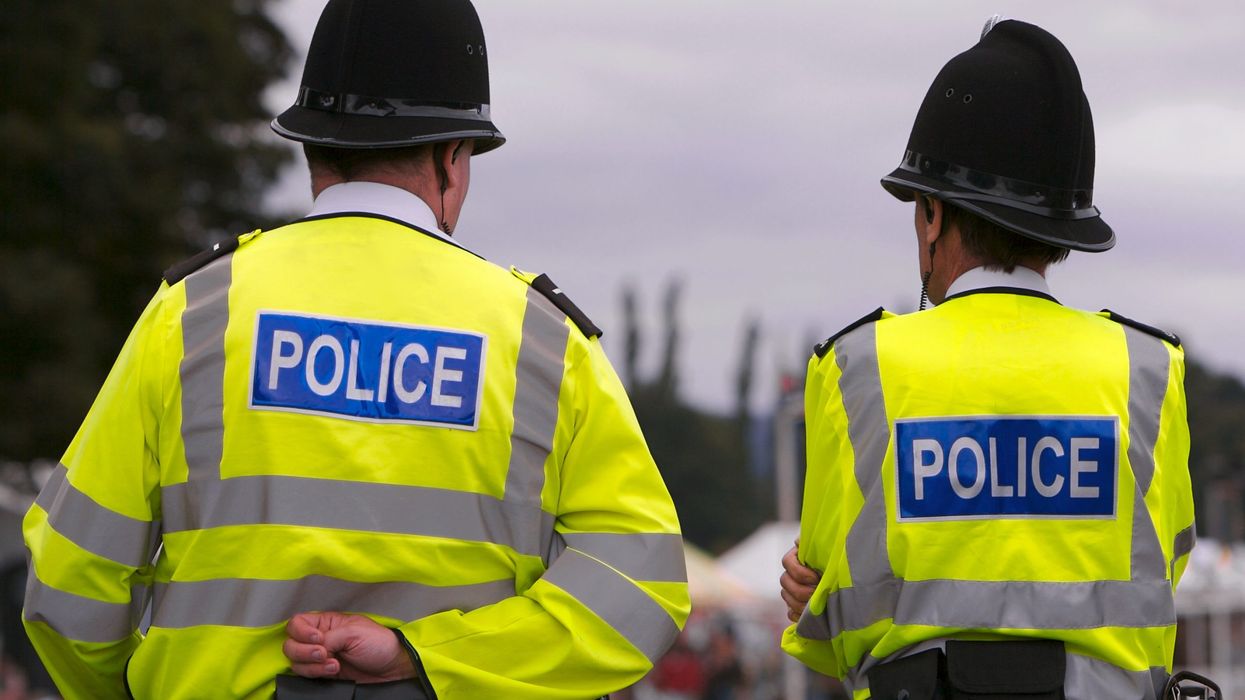Several London police officers have withdrawn from firearms duties following the murder charge against a fellow officer in the fatal shooting of a young black man, a spokesperson for the force said on Sunday (24).
The highly unusual protest by officers prompted interior minister Suella Braverman to stress that firearms officers have to make "split-second decisions" and "mustn't fear ending up in the dock for carrying out their duties".
Police in Britain are not routinely armed and the small proportion who are authorised to carry guns are highly trained.
The specialist firearms officers who have stepped back, around 100 according to one report, handed in their tickets, accreditation that allows them to carry guns while on duty.
In London, in addition to incidents involving the public, they are deployed to protect sites such as parliament, diplomatic missions and airports.
The officers' stoppage follows the appearance in court last week of a London firearms officer, named only as NX121, who has been charged over the death of 24-year-old Chris Kaba in September 2022.
Kaba died hours after he was struck by a single gunshot fired into the vehicle he was driving in the Streatham area of south London.
A Met Police spokesman said "a number of officers have taken the decision to step back from armed duties while they consider their position", with the number rising in the past 48 hours.
"Many are worried about how the decision impacts on them, on their colleagues and on their families," the spokesman said.
"They are concerned that it signals a shift in the way the decisions they make in the most challenging circumstances will be judged," he said.
- Family seeks justice -
To help deal with the walkout, firearms officers from neighbouring forces stepped in to help patrol the capital on Saturday night, the PA news agency reported.
The Met was supporting the officers and "fully understand the genuinely held concerns that they have", the Met spokesperson added.
He also said the defence ministry had agreed to provide counter-terrorism support.
"Armed forces personnel will not be used in a routine policing capacity," he added. "We will keep the need for the support under constant review."
After Kaba's death, dozens of protesters gathered outside the Metropolitan Police's headquarters.
The man's family welcomed the decision to charge the unnamed officer, saying they and the wider community needed to "see justice for Chris".
INQUEST, a charity that works on state-related deaths, said that since 1990 in the UK there had been 1,870 deaths in or following police custody or contact.
In that time there had been only one successful prosecution of a police officer -- for manslaughter in 2021 -- and none for murder.
The Met, the UK's largest police force, has faced pressure in recent years over a string of scandals including the kidnap, rape and murder of a young woman by a serving officer.
The force currently has around 1,000 officers suspended or on restricted duties while they are investigated for alleged wrongdoing and incompetence.
(AFP)




